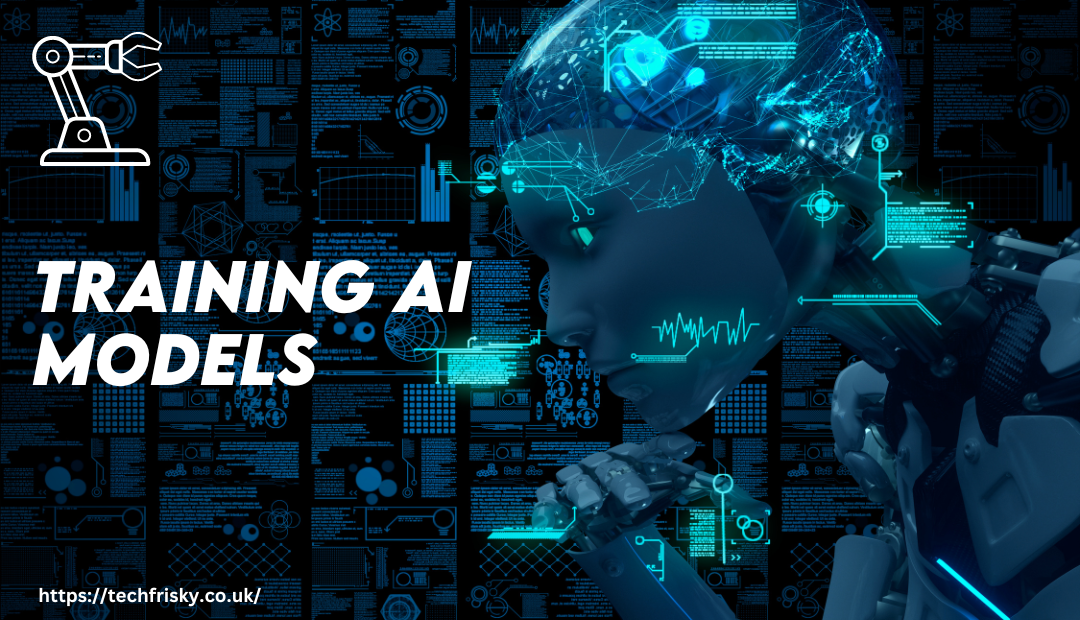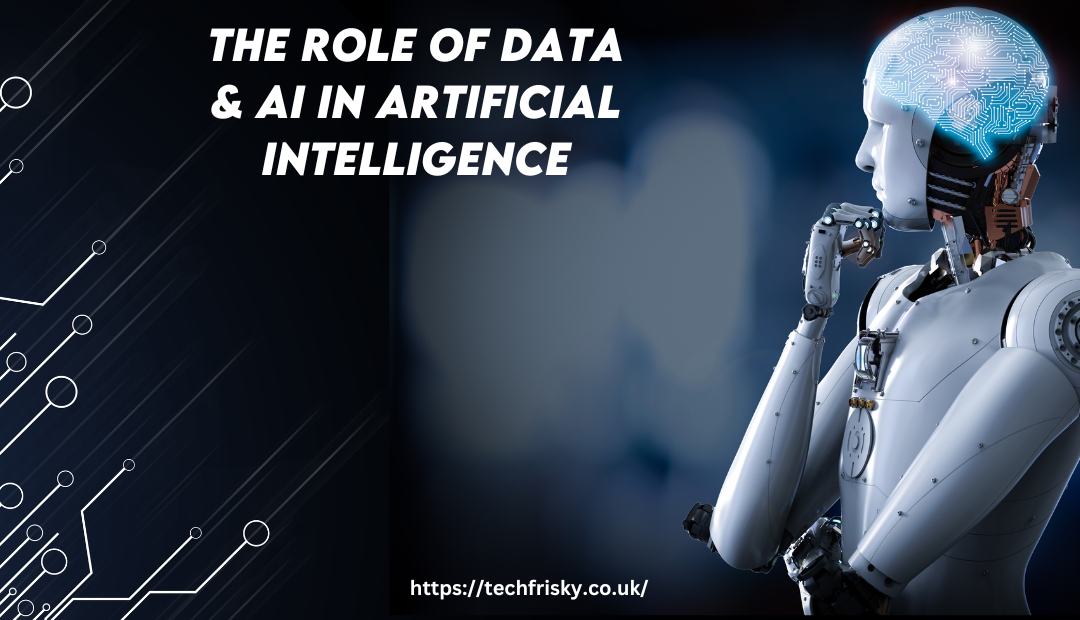Data is the lifeblood of artificial intelligence. Data & AI provides energy to the algorithms that drive AI systems, allowing them to learn, grow, and make judgment calls. In essence, data provides the raw material that AI systems process to recognize patterns, predict outcomes, and improve their performance over time. This symbiotic relationship between data and AI underscores the importance of data quality, volume, and variety in developing robust AI solutions.
Types of Data Used in AI
AI systems leverage various types of Data & AI, including structured, unstructured, and semi-structured data. Structured data is highly organized and easily searchable, typically residing in databases or spreadsheets. Unstructured data, on the other hand, lacks a predefined format, encompassing text, images, and videos found in social media posts, emails, and other digital content. Semi-structured data is in between structured and unstructured data, having some organization but not as strict formatting as structured data. Each type of Data & AI plays a crucial role in training and refining AI models.
Data Collection and Preprocessing
The initial stage of using data to power Data & AI technologies. This involves gathering data from various sources, such as sensors, online platforms, and enterprise databases. Once collected, the data must be preprocessed to ensure its quality and relevance. Data preprocessing includes cleaning (removing errors and inconsistencies), normalization (scaling data to a standard range), and transformation (converting data into a suitable format). This step is critical as it directly impacts the accuracy and efficiency of Data & AI models.

Training AI Models
Data & AI is a key component in the iterative process of training AI models. During training, AI algorithms analyze the data to identify patterns and correlations. This process involves feeding the data into the AI model, allowing it to learn and adjust its parameters to minimize errors. The quality and quantity of training data are paramount; more diverse and representative datasets lead to more accurate and generalizable models. Training can be supervised, unsupervised, or semi-supervised, depending on the availability of labeled data.
The Impact of Big Data & AI
Big data has revolutionized the field of Data & AI by providing an unprecedented volume of information to analyze. With the advent of big data technologies, AI systems can now process vast amounts of data in real time, uncovering insights that were previously inaccessible. This capability has led to significant advancements in various domains, such as healthcare, finance, and transportation. For instance, in healthcare, AI-driven big data analytics can predict disease outbreaks, personalize treatments, and enhance diagnostic accuracy.
Ethical Considerations and Challenges
While data is essential for AI, it also raises several ethical considerations and challenges. Data privacy is a major concern, as the collection and use of personal information can lead to breaches of confidentiality and misuse. It is essential to guarantee data security and adherence to laws like the General Data Protection Regulation (GDPR). Additionally, bias in data can lead to biased AI models, perpetuating existing inequalities and injustices. Addressing these ethical issues requires robust data governance frameworks and ongoing vigilance.
The Future of Data & AI
The future of Data & AI is intertwined, with continuous advancements in both fields driving innovation. Emerging technologies, such as quantum computing and edge computing, promise to enhance data processing capabilities, further empowering AI systems. As AI becomes increasingly integrated into various aspects of society, the demand for high-quality data will continue to grow. Organizations must invest in data management and analytics to stay competitive and leverage Data & AI full potential. Ultimately, the synergy between Data & AI will shape the future of technology and society, offering new opportunities and challenges. Data & AI is the most popular in the world.
